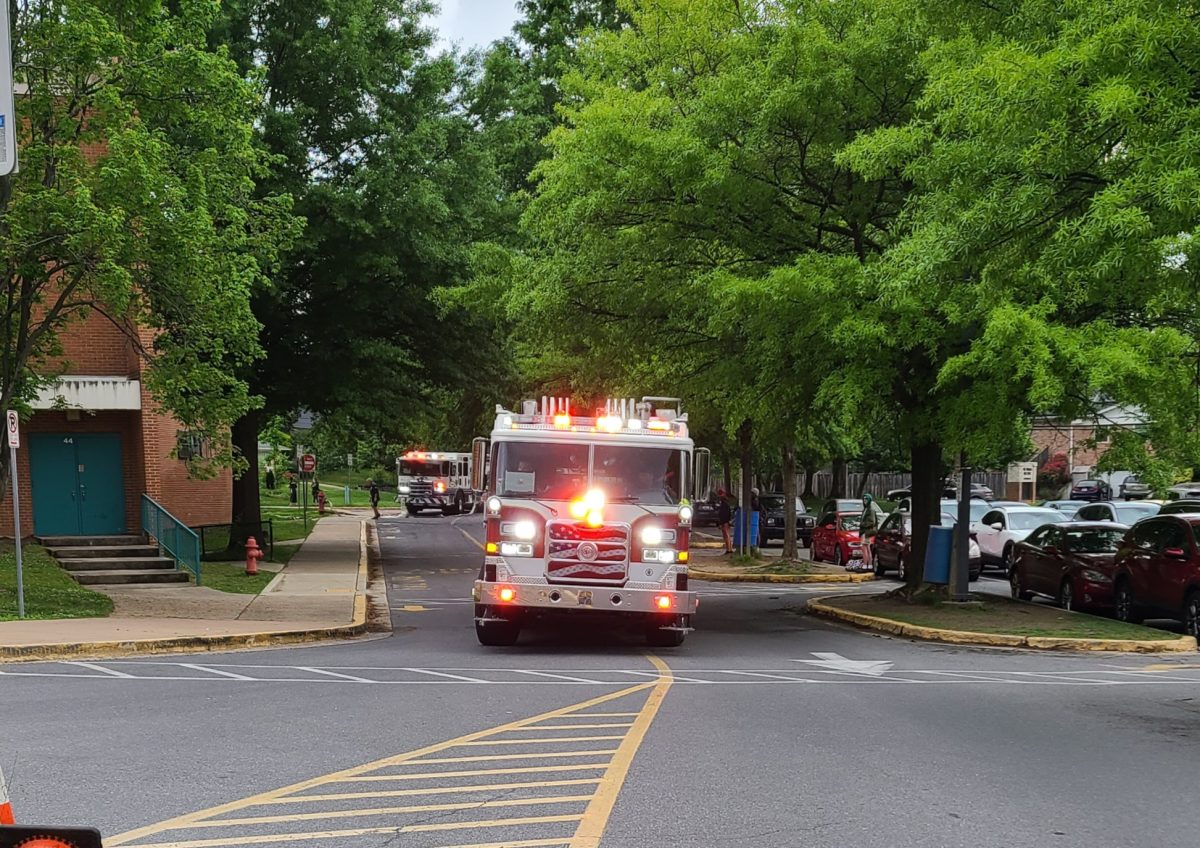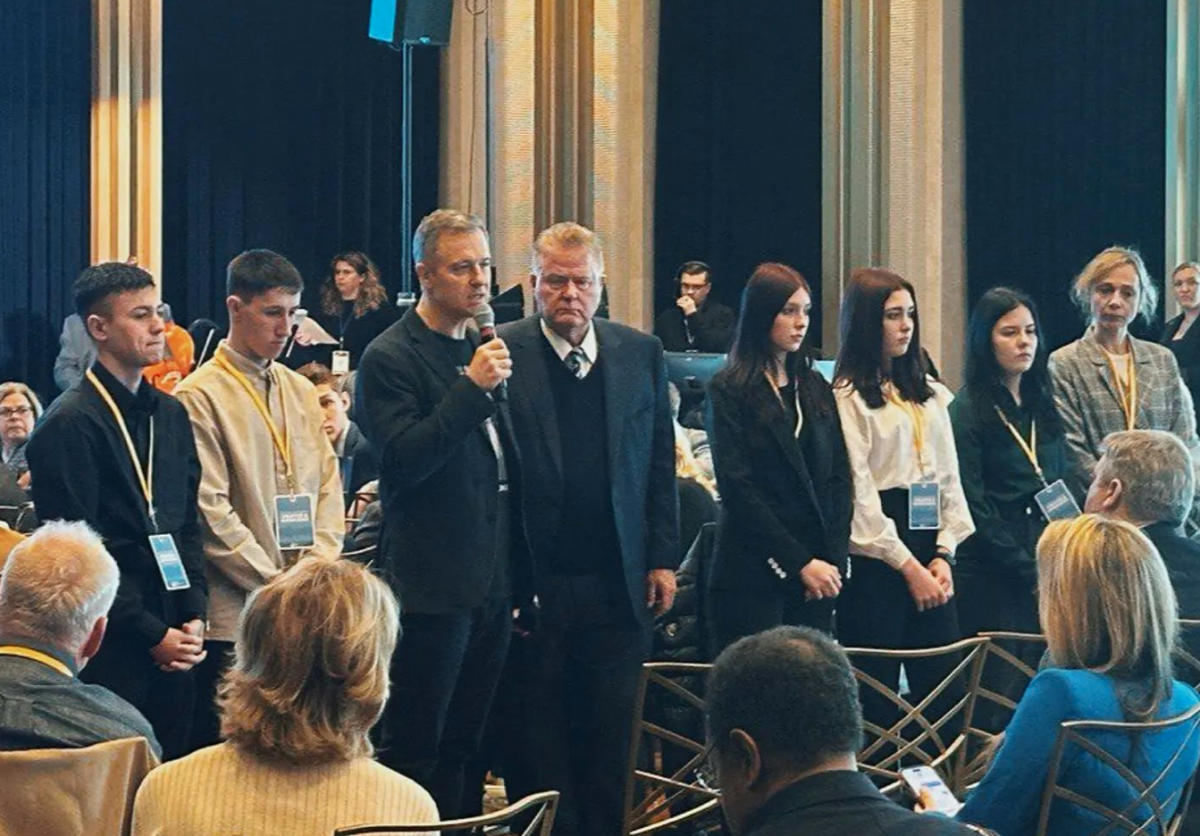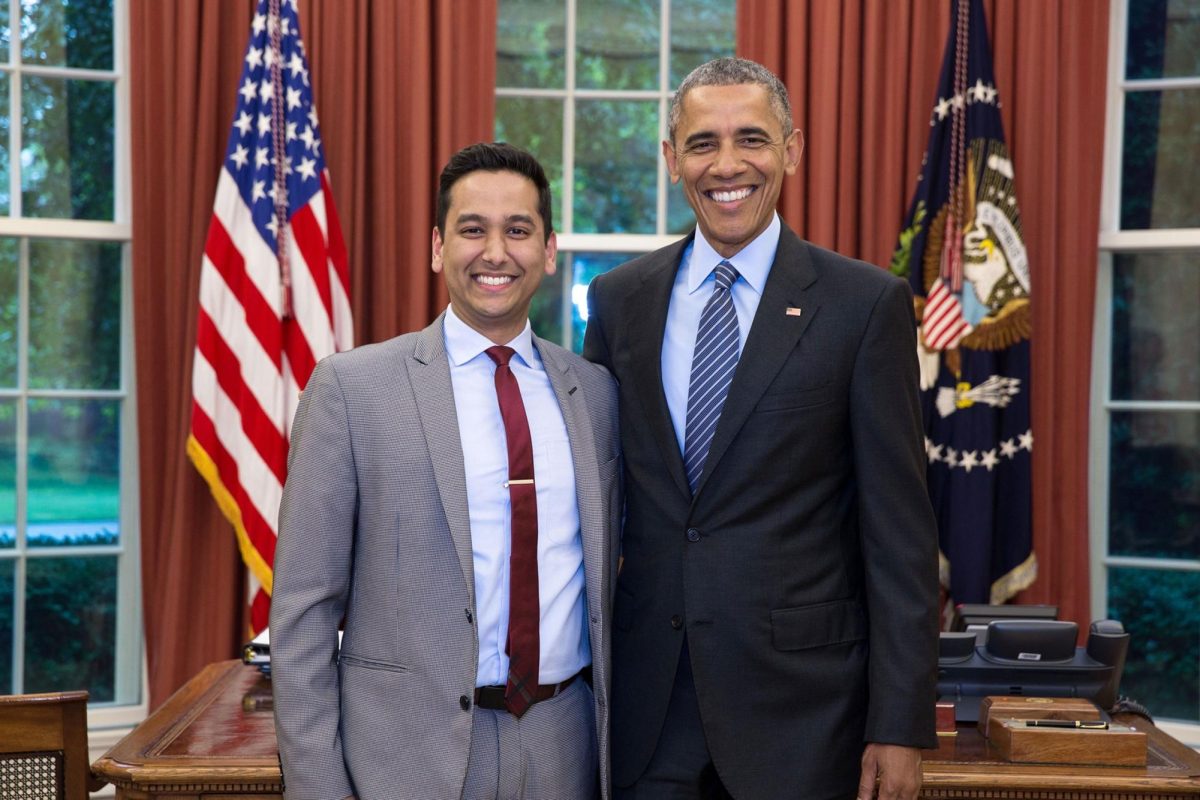When most of us hear the word “cancer” we often expect the surrounding words to be along the lines of pain, suffering and even death. Now what if instead, the next word was “cured”? New scientific breakthroughs are in fact taking a huge leap towards that miraculous little phrase.
On Sept. 4, 2014, the FDA approved a new immunotherapy treatment for cancer called Keytruda—a drug developed from the work of Harvard biomedical researcher, Dr. Arlene Sharpe in collaboration with two colleagues, including her husband.
Sharpe is highly regarded in the medical research community for her work with T cells and immunotherapy. For over 20 years, she has studied a family of molecules called the B7 family, which regulates immune responses.
“We discovered new members of the family,” Sharpe said in a phone interview. “The first ones had important roles, determining whether you would get activation of the immune system and could generate an immune response.”
Following this revealing discovery, Sharpe found numerous other members of the B7 family.
“What really fascinated me was that not only were they expressed on cells in the immune system, but on cells in tissues and tumors as well,” Sharpe said. “It made me wonder whether we might be able to regulate the immune response in tissue.”
Through animal-related studies, Sharpe and her lab partners studied PD1 pathways, which are key in protecting against autoimmune disease.
Sharpe’s colleague Dr. Rafi Ahmed at Emory University found that the PD1 receptor was highly expressed in some micro rays. Through collaboration they found that upregulation (a boost in reference to the immune system) of the pathway in chronic infection was important for defeating infections, meaning that manipulation and knowledge of these pathways could aid in curing fatal infections.
“If you blocked this pathway then you could revive the immune response in these dysfunctional cells and increase viral clearance, and that was the first indication that this pathway might be a key mediator of this T-cell dysfunction in the setting of chronic infection,” Sharpe said.
Within months of the paper being published, scientists saw the immune response was also upregulated in HIV infection and Hepatitis B and C. This sparked scientists to start applying these findings to cancer cells.
Keytruda was developed through these studies. This drug therapy appears not only to lead to durable responses in melanoma (the most fatal skin cancer), but also to several other types of cancer including lung cancer, bladder cancer, kidney cancer and Hodgkin’s lymphoma.
Because of its unprecedented results in clinical trials the anti PD1 therapy has been assigned “breakthrough” status by the FDA, meaning its approval and distribution will be rushed to speed accessibility for patients.
Sharpe, however, pointed out that Keytruda probably won’t be the sole ingredient in beating cancer.
“The anti PD1 therapies, although they’re very promising, aren’t enough in many cases,” Sharpe said. “So combination scientists are creating combinations of these immunologic kinds of drugs that can be used together to target different pathways.”
All of this scientific jargon aside, what does this mean for cancer’s place in our society?
Sharpe said that although it’s difficult to be certain, due to the early stages of the treatment, patients have shown durable and promising results that have lasted for years, and in our lifetime, certain cancers could be eliminated for good.
“Hopefully we’ll be at a stage that for a number of types of tumors that we can actually cure them and eventually think about prevention with new methods as well,” Sharpe said.












